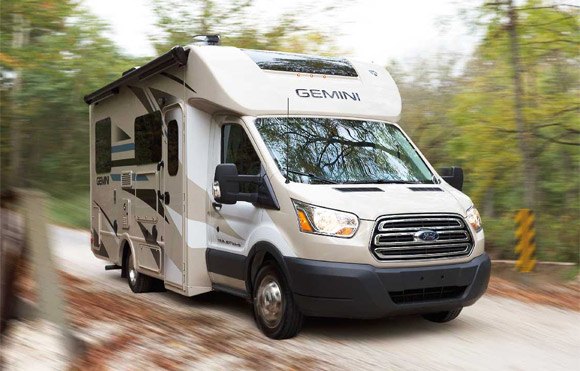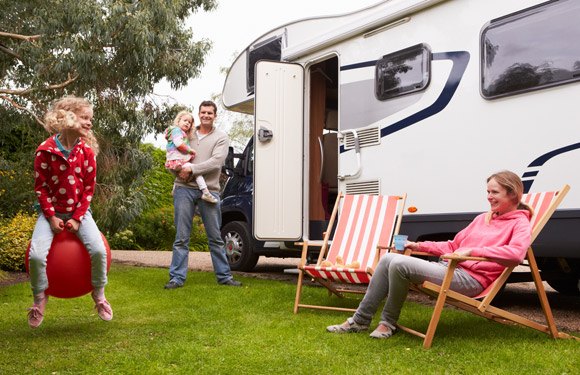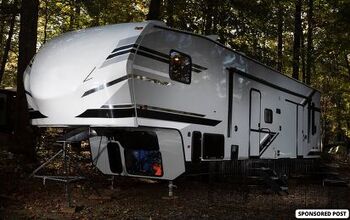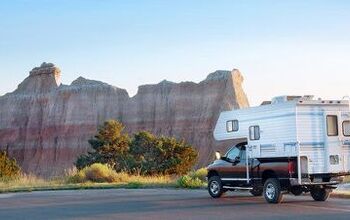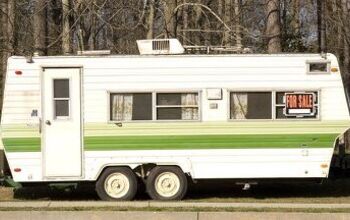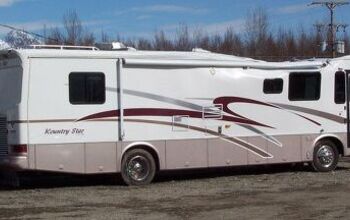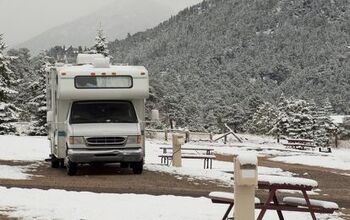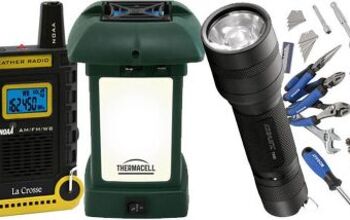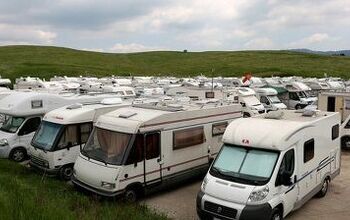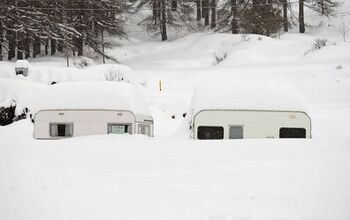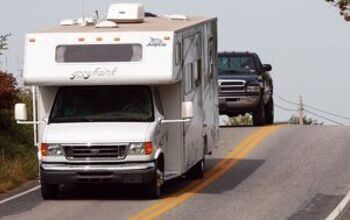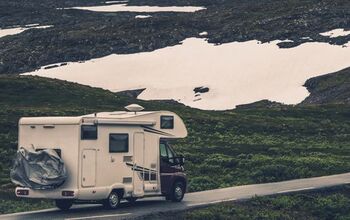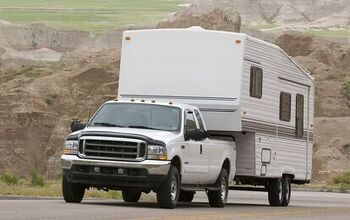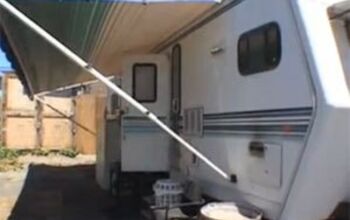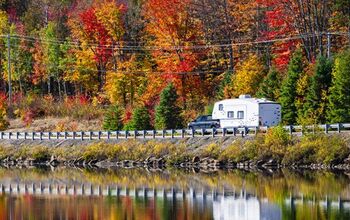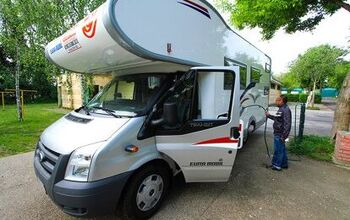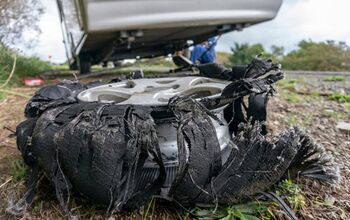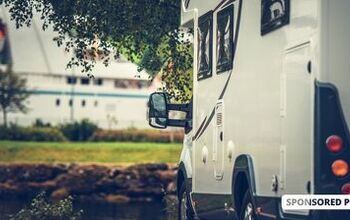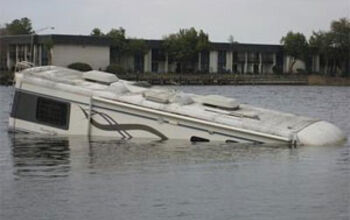Everything You Need to Know About RV Rental
One of the greatest ways to enjoy the outdoors and explore the country is by an RV. There is a freedom that can’t be compared to anything else, especially where your valuable vacation time is concerned. But like many things in life, RVs are not always the cheapest way to go. Ownership of an RV, even those on the lesser-end of the spectrum, can still count up. An option to save some money and still enjoy a much-needed camping adventure is by RV rental. Let’s take a look at everything you need to know about RV rental.
Let’s get something out of the way right off the bat. You can own an RV and still be interested in renting one. A lot of people, myself included, fly to a location and rent an RV once they get there. It’s better than a hotel any day of the week.
There are two different kinds of RV rentals out there and this is important to know because picking the right one for you can make your vacation better. Commercial RV rentals are common, and many rental companies have large fleets of motorhomes available. You no doubt have seen one driving down the road in your area. The upside to these rental fleets is availability. As long as you make your reservations in advance, depending on where you’re going, you should be able to get an RV rental to use for your vacation. The downsides are selection and cost. These types of companies usually have only a select few types of RVs available, usually only 2-3 types of motorhomes with a class C being the most common. That may not be what you want, but it’s your only option, and it may not be the one that best fits your budget.
There is another option that is increasing in popularity. Much like how AirBnB and VRBO have revolutionized the lodging industry for vacations by connecting home and apartment owners with people looking for a short-term vacation rental, there are services connecting vacationers with people who own an RV and are looking to earn extra money by leasing it when they aren’t using it themselves. Outdoorsy.com is one of the leaders in this area. Going this route opens a whole bunch of options for you when it comes to RV rentals.
Let’s talk about the elephant in the room – cost. What does an RV rental cost? Regardless of what type of rental program you go with, the cost is going to vary depending on the company or RV owner. The variables with RV rental costs include location, time of year, length of rental, type of rental and extras, like mileage, insurance, fuel and cleaning fees. Services like Outdoorsy let the RV owner set the rental rate, but that rate is clearly shown when you search for a rental that matches your plans and needs. You’ll also know how many miles are included with the base rental fee and the costs for going over that amount. The important thing to keep in mind is you’ll know in advance roughly how much the RV rental is going to cost you. Of course, there are things that can’t be completely figured out beforehand, such as fuel costs, or extra mileage for unseen reasons.
Generators come with select RVs and are often an added expense based on the total number of hours you use them. If you know you’re going to only go places with an electrical hook up, this shouldn’t be a major concern. If you’re camping in the back country, know going in that there can be some extra fees and add that into your RV rental plan.
We’ve already talked some about insuring your own RV, but what all do you need to know about insurance for an RV rental? One of the first things you should do is check with your own insurance agent before you book your RV rental. Your current policy may have some coverages that will come in handy in the event of a problem with your trip. Your agent may have some suggestions to help cover you, too.
RV rental companies work like car rentals in that they have a base insurance built into the agreement. They often offer some form of additional insurance policy that you can buy to cover any additional fees or areas that you aren’t covered for. This is where talking to your own agent before you rent can really come in handy, as you can often have the same coverage for much less.
Renting from a private party is different. If you go through a service like Outdoorsy, you already have insurance that covers both $1 million in liability insurance and up to $250,000 comprehensive and collision coverage in case of big accidents that include the destruction of the RV. There is a deductible just like any insurance policy. This insurance doesn’t cover any minor damages, such as those to the interior, like if you break a table or something. That is what your deposit is for, just like when you rent a car or a hotel room. There may be options to cover you for smaller expenses, so again, talk to your insurance agent.
In the event of a mechanical issue, you’re going to want to have some form of roadside assistance plan in place with your RV rental. If you have a policy of your own, check to see if you’re covered with a rental. Most RV rental companies have a policy in place with your rental agreement. If you use a third-party service, like Outdoorsy, they have an optional service policy you can purchase. You can also get help in the event of an issue, but it will be at a higher cost. Roadside assistance is for peace of mind. No one ever expects to need it, but sometimes life has a way of throwing a nail onto the road to pop your tire.
If it seems like we’ve thrown a lot of fees and insurance at you when it comes to renting an RV, it’s because we have. There’s a lot that goes into renting an RV and like we said from the start – this is about telling you everything you need to know about RV rental. When you pay for a rental, there is a significant upfront cost involved, and if you cancel at the last minute, it could mean the forfeiture of your deposit and depending upon your agreement, you could even be left holding the tab for the whole trip, even if you don’t go. Trip insurance may be the most important thing you buy for your trip, especially if you have to not go at the last minute. Some friends recently were very happy to have trip insurance when they were in a car accident on the way to the airport to begin their vacation. Not only were their airline costs covered, but also their RV rental was covered too. Trip insurance also is there to cover emergency trips to the hospital while on vacation. This is especially important when traveling to another country.
Pets are like members of the family for many, so it makes sense that you want to bring your furry family member along for the family vacation. Many RV rental agreements allow pets to come, but it is up to the individual RV owner or company, and there may be a cleaning deposit involved.
Most states and provinces allow a standard driver’s license holder to drive anything under 45 feet in length. Go over driving requirements with your rental agent, or the RV owner to make sure you know how the vehicle handles and what is needed to safely drive it. The same goes for trailers.
This is an important question, and the answer depends on where you’re renting from. Some private renters, such as those found with Outdoorsy, may have a fully-equipped RV for you to rent. The use of the pots, pans and bedding may be covered under the deposit. Most RV rental companies do not include these materials, but have packages you can rent for an extra fee. Again, go over everything before you make the reservation.
Now that we’ve covered all the various insurance issues and other fees you should take into account, it’s time to relax a little bit and take a breath. You shouldn’t be scared by the expense of an RV rental. Just be educated in advance so you can plan and prepare. Once you’re ready, it’s time to make the reservation. This is the easy part. Once you know when you want to go, and have an idea of where you want to go, and what RV type you want to rent, it’s a matter of searching out which option is best for you and your budget. With an RV rental company, it takes a few clicks and the entering of your information and you’re set. With a private rental service, such as Outdoorsy, you get matched up with the owners and the trip gets booked that way.
Once the time gets there for you to start your RV rental experience, you need to know where to go. Most rental companies have locations where you go and pick up the RV. With a private rental service, you can make arrangements directly with the RV owner. In some cases, they may even pick you up or deliver the RV to you.
Once you have your rental RV, it’s time to relax and enjoy the trip. That is the whole point to going with a rental for your vacation. Have a great time and we hope this answers a few questions you may have about RV rental.
